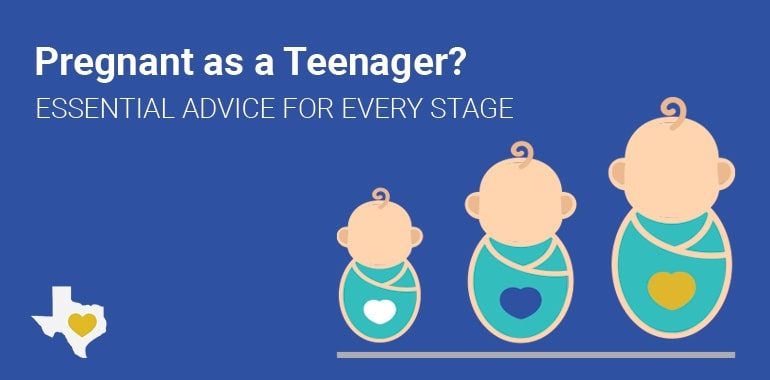Policy’s Value: Financial Freedom Through Life Insurance Settlements

A life insurance settlement is a business deal in which the policy is sold to a third party in exchange for a one-time cash payment. The policyholder often makes this transaction when they no longer want to keep the policy in place or when they need quick access to money for a variety of reasons, such as paying for urgent medical care, paying off debt, or saving for retirement. This financial tool can be especially helpful for people whose financial situations are changing or for those who no longer require the insurance coverage offered by the policy. Keep reading!
What Is Life Insurance Settlement?

Simply put, a life insurance settlement is a method for you to exchange your current life insurance policy for cash now. Thus, life settlements are frequently appealing to folks who have unforeseen bills or an urgent need for money.
The procedure starts when the seller, who already owns the policy, decides on a buyer. The third party then makes a one-time cash payment to the vendor for the insurance policy and will be responsible for paying all ensuing premiums. In exchange, the third party receives the death benefit in the event of the seller’s passing.
In contrast to surrendering a life insurance policy for its monetary value, seeking a life settlement. Only you and your life insurance company are involved in choosing the cash value option. A third party who purchases the policy from you is a part of a life settlement. Some people may find it unsettling that the purpose of a life settlement is to benefit from the seller’s demise because the provider or corporation buying the policy is essentially doing this. The third party will profit more the sooner the seller passes away following the sale of the policy.
Due to this, the amount of money you would receive from selling your policy will fall somewhere between the death benefit and the cash value of surrendering the policy. The third party has an incentive to overpay you so you’ll sell the policy to them rather than surrendering it. To earn a profit after you pass away, they usually offer less than the death benefit.
How Life Insurance Settlement Operate

The older and sicker you are when you have a policy and want to sell it in a life settlement, the simpler it will be for you to sell it and the more money you’ll be able to collect for it.
Eligibility
Candidates for life insurance settlement are typically over 65 and have life insurance policies with death payouts greater than $100,000. If a younger policyholder has a few major health issues, they might be eligible. You won’t likely receive a bid for more than the policy’s surrender value if you’re under 65 and in good health. You will have to submit a ton of paperwork and provide your medical data when you apply for a life settlement. This data, coupled with your ethnicity, sex, family medical history, and way of life, will be used by the buyer to estimate how long you will live. To qualify, you might even need to take a medical exam.
States are responsible for regulation
A total of 42 states and Puerto Rico have laws governing life insurance settlement , with the severity of these rules ranging. With regard to these transactions, only eight states and the District of Columbia have laws in place. It’s inconsistent and unclear, according to critics.
A minimum of two years must pass between purchasing a life insurance policy and selling it in most jurisdictions that control life insurance settlement . Ten states altogether mandate waiting periods of five years. Four years are needed in Minnesota. The majority of these states offer exemptions from the waiting periods in certain situations, like divorce, retirement, or terminal illness.
Purchasing Life Settlements
Life insurance settlement businesses frequently group insurance into funds and offer investors interest on such funds. By doing this, the chance that particular, original policyholders may outlive their expectations is reduced. There have been cases of abuse in this field as well, and the hazards can be substantial. One possible danger for investors is that insurance companies could decline to pay benefits due to perceived policy issues. or the insurance firms might become insolvent. There could be significant broker commissions in addition to high investment expenses.
Occasionally, life insurance settlement firms have been sued by government regulators who claim they misled investors. The Securities and Exchange Commission, for instance, accused a California-based company of concealing from investors the fact that insurance clients were living longer than anticipated.
Life insurance settlement as opposed to fatal settlements

Viatic settlements and life settlements resemble one another greatly. In both cases, the seller tries to get a buyer for their life insurance policy—typically a provider or company—by working with a third party. In return, the corporation gets the death benefit in the event the seller passes away, and the seller gets a one-time lump sum payment.
Who qualifies for each form of life insurance settlement is the primary distinction between the two. The majority of the time, only people with valuable policies and the elderly have the option of life settlements. But the usual specifications for a viatical settlement are even more exacting. Only people with terminal or persistent illnesses are eligible for viatical settlements. The average life expectancy of the policy’s seller is less than two years.
The likelihood that the seller may pass away soon makes viatical settlements tempting to prospective bidders because they offer a higher and quicker return on investment. Many of the same factors that lead someone to explore a life insurance settlement also apply to individuals who are considering a terminal settlement, but terminally ill sellers may be more motivated by the need for quick cash to pay for medical expenditures. Another significant distinction in settlements is that, although life payments are generally taxable, viatical settlements are typically not.
Conclusion
A life insurance settlement is a legal agreement that enables policyholders to exchange their life insurance policies for a lump sum payment from third parties. This choice gives policyholders freedom and access to money that can be used for a range of financial requirements. Settlements from life insurance policies can offer financial relief and flexibility, but they are not appropriate for everyone. Before choosing a life insurance settlement, policyholders should carefully assess their unique situations, speak with financial experts, and weigh their options.
Conclusion: So above is the Policy’s Value: Financial Freedom Through Life Insurance Settlements article. Hopefully with this article you can help you in life, always follow and read our good articles on the website: mrsadvisors.com





